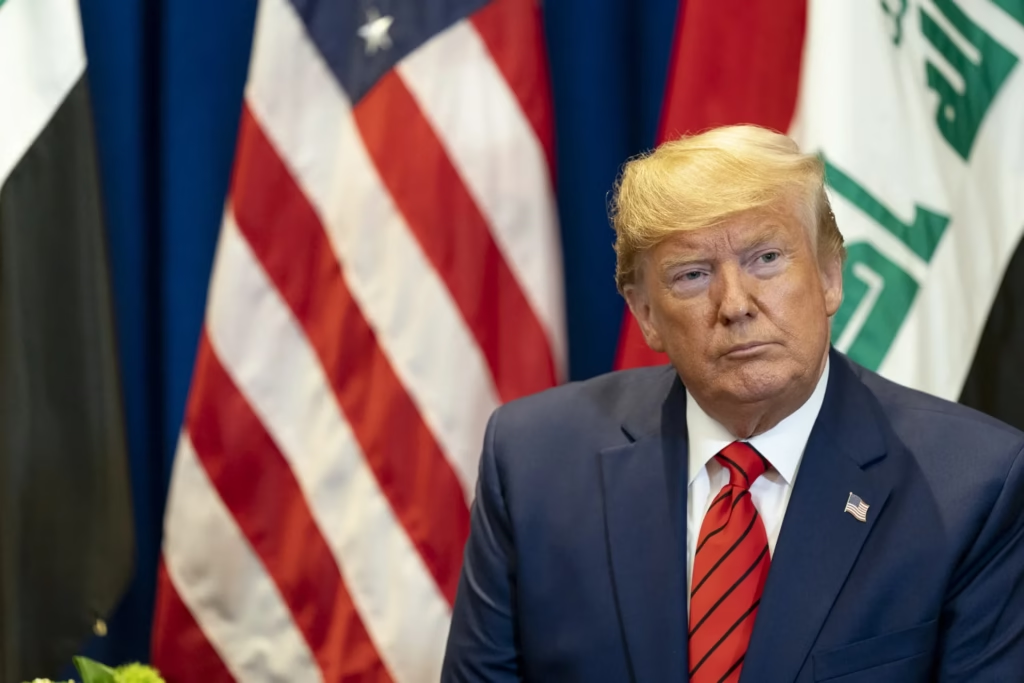A recent proposal by the Trump administration to restrict the duration of student visas in the United States has drawn sharp criticism from academic institutions, immigration advocates, and international student communities, including Nigerians seeking to study abroad.
The rule, put forward by the Department of Homeland Security (DHS), would impose strict time limits on student visas, capping them at either two or four years, depending on the applicant’s country of origin and other factors. This marks a significant shift from the current system, where international students are typically granted a visa for the duration of their academic programme, provided they remain enrolled and maintain their status.
Under the proposal, students from certain countries – many in Africa, including Nigeria could face shorter visa terms of just two years before needing to apply for an extension. DHS argues that the change is necessary to tighten immigration control, citing concerns about visa overstays and national security.
However, education leaders have warned that the policy could make the US a far less attractive destination for global talent. Universities, which rely heavily on international students for research, diversity, and funding, fear a decline in enrolment.
Critics raise concerns
Critics argue that the proposed rule unfairly targets students from specific regions, undermining the United States’ long-standing reputation as a hub for world-class education. They say frequent renewals would create unnecessary bureaucratic hurdles, increase financial costs, and introduce uncertainty into students’ academic journeys.
ALSO READ:
UK bans Foreign Workers from 100 Occupations amid Migration Crackdown
The American Council on Education, alongside other higher education groups, has called the proposal “misguided” and warned that it could deter international students from choosing the US, at a time when other countries, such as Canada, the UK, and Australia, are actively welcoming them.
Most students could be affected
For most students, the proposal is especially concerning. Nigerian students, who are one of the largest African student groups in the US, will be greatly affected. Many students enrol in long-term programmes such as engineering, medicine, and doctoral research, which often require more than two years to complete. If implemented, students may be required to apply for visa extensions multiple times, which could increase the risk of denial and disrupt their studies.
This comes at a time when more Nigerians are seeking opportunities abroad, with education ranking as one of the top drivers of migration. The proposed changes could push Nigerian students to consider alternative destinations such as Canada and the UK, where policies are perceived as more favourable.
Looking at the bigger picture
The proposal is still under review, and public comments have been invited before a final decision is made. If passed, it would represent one of the most restrictive visa measures in decades, reshaping the landscape of international education in the US.
For now, experts encourage Nigerian students planning to study in the United States to apply early, stay informed, and explore backup study destinations in case visa policies tighten further.
Discover more from Leaving Nigeria
Subscribe to get the latest posts sent to your email.




